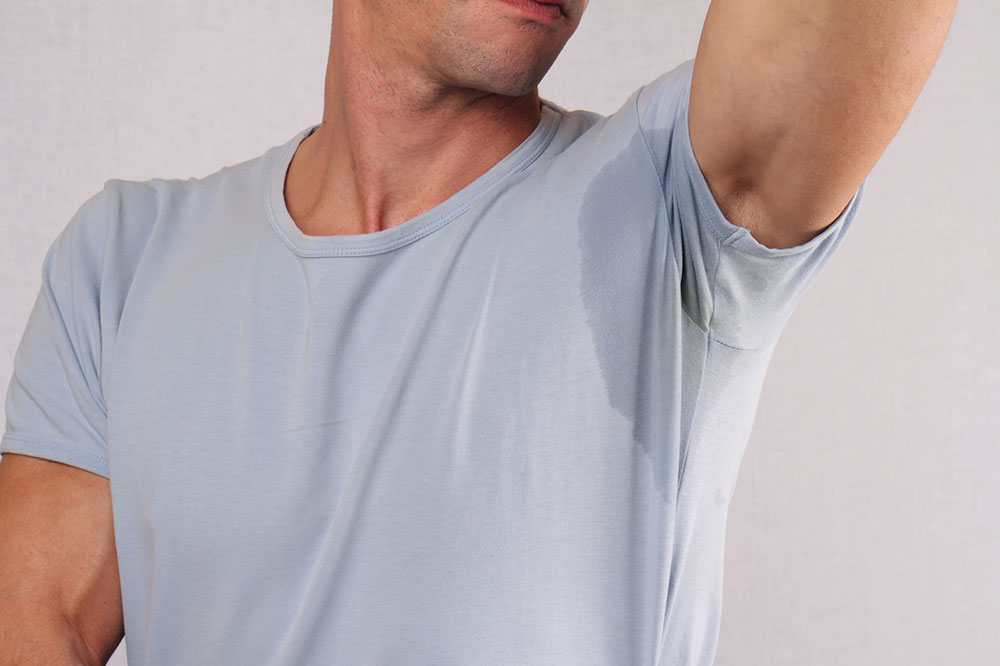
Common Causes of Excessive Sweating
A medical condition in which the body exhibits excessive secretion of sweat irrespective of the atmospheric conditions is known as hyperhidrosis. People with hyperhidrosis experience excessive bouts of sweating without being caused by factors like anxiety, exertion, external and internal temperature. This condition is also known as polyhidrosis or sudorrhea. Most times, this condition is known to run in families. Hyperhidrosis is mainly divided into two categories based on the type of sweating that occurs, primary (focal) hyperhidrosis and secondary (generalized) hyperhidrosis.
Hyperhidrosis often brings along conditions like bacterial infections and body odor, making it difficult for individuals to have an ordinary lifestyle. The severity of the condition can be tested using methods like the starch-iodine test, paper test, thermoregulatory test, among others.
This condition could be triggered by a variety of different reasons. Know more about the common triggers of hyperhidrosis.
Causes of primary hyperhidrosis
Known to be the most common form of hyperhidrosis, primary hyperhidrosis is caused due to neurological changes caused as a response to no specific external stimulus. The effects of these activities are majorly observed in feet, palms, face and the armpits.
- Nerves
In this type, the major cause of excessive sweating is the nervous system. It triggers the sweat glands i.e. the eccrine glands, resulting in their overactivity. - Emotions
In case a person is in a situation which causes him/her to feel anxious or nervous or is adding unnecessary stress, it may activate and trigger the sweat glands, resulting in excessive sweating. Primary hyperhidrosis is often experienced as a result of emotional responses to anxiety, stress, or inversely, hyperhidrosis may cause a lot of emotional distress to individuals.
Causes of secondary hyperhidrosis
Contrary to primary hyperhidrosis, in this type, a person experiences excessive sweating due to an underlying medical condition or temperature changes observed externally, and is observed equally throughout the body. In order to properly diagnose this condition, it is important to identify the cause of sweating accurately. Some common medical conditions that cause excessive sweating in patients are listed as follows:
- Diabetes
- Menopause
- Hyperthyroidism
- Cardiovascular diseases
- Cancer
- Hypoglycemia or low blood sugar
- Pregnancy
- Respiratory disorders
- Parkinson’s disease
- Viral diseases e.g. HIV, malaria, tuberculosis, etc.
- Specific medications like antidepressants, anticholinesterases, etc.
- Spinal cord injuries
- Obesity
- Rheumatoid arthritis
- Infections
It is usually easy to treat and manage the common triggers of hyperhidrosis with simple methods. With the help of prescription-strength antiperspirants, medications or therapies, this condition can easily be kept under control. In extreme cases, surgery might be recommended. In mild cases remedies like over-the-counter antiperspirants, armpit shielding pads, and synthetic and loose clothing are enough to alleviate the common triggers of hyperhidrosis.



